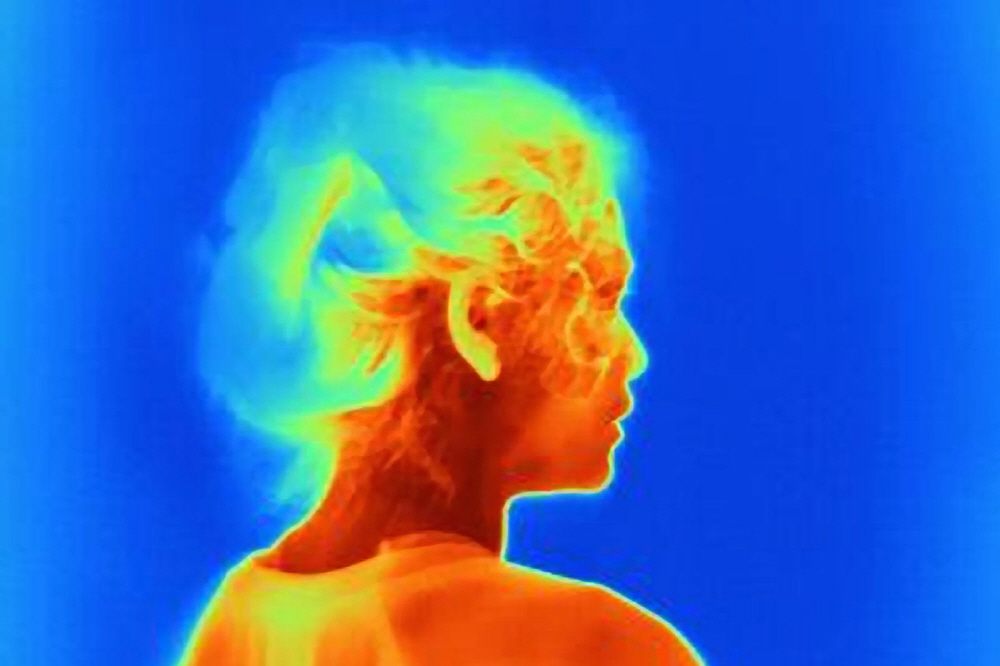
It is reported that there are 36 million blind patients worldwide. Until 10 years ago, people had little chance of regaining sight. However, in 2009, a research team at the University of Manchester developed the Argus II Bionic Eye, a retinal implant, which allows the outline of an object with faint but small light particles in the patient’s field of vision, which is completely invisible.
Now, Sight Medical Products has developed the Orion Visual Cortical Prosthesis System, a higher-performance artificial vision. Orion captures the image of the field of view with a camera mounted on the glasses, then converts the signal into an electric impulse that the patient can feel and sends it to the implant. Augus II used signal implants in the optic nerve, but Orion wirelessly receives data and power directly contained in the visual cortex between the right and left brains.
However, surgery has to be performed, and adjustments have to be made for weeks or months afterwards so that the array of 60 electrodes on the implant can effectively stimulate the visual cortex. In addition, it is necessary to keep the same field of view as the camera and the eyeball. When looking at a moving object, it is necessary to train not only to follow the gaze but to use the entire face to be conscious of the eye not moving.

Orion System conducted an experiment on 6 male male subjects in January 2018. It is said that during the next 13 months, symptoms such as heavy seizures from side effects did not appear except for one person.
The Orion System is a study that is part of the FDA’s groundbreaking device program, but there are still many hurdles to overcome until FDA approval. Nevertheless, the manufacturer expects FDA approval this year.
In the future plan of this technology, the manufacturer also increased the electrode array by three times that of today to provide a delicate field of view, and added perspective and face and object recognition by using two cameras, while reporting through a smartphone app. I’m trying to show you what’s there.
What’s even more interesting is that they are also considering integrating Thermal Vision into the Orion system so that it can detect the temperature of anything in view day or night. Accordingly, it is possible to recognize dangerous things when touching a kitchen stove or stove, thereby enabling a safe life. Related information can be found here .
https://youtu.be/yiaKNmUIcqs


















Add comment